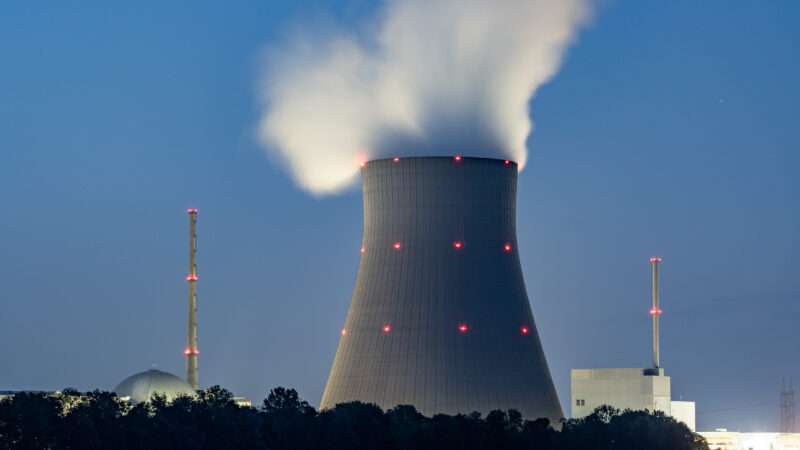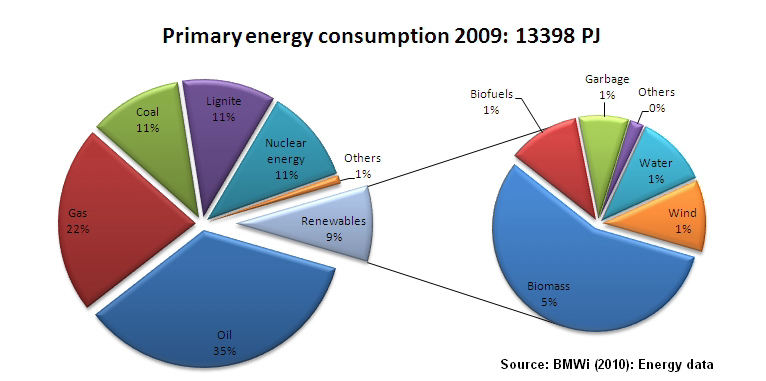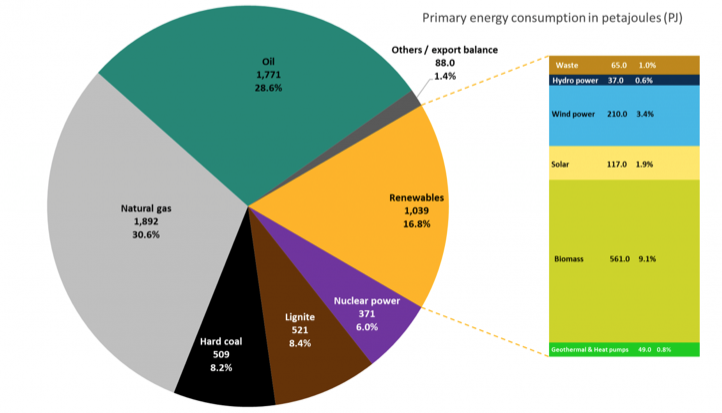
Russia has dramatically cut its exports of natural gas to Germany as punishment for the country's support of Ukraine in its war against the Russian invasion. Germany was getting 55 percent of its natural gas from Russia before the war. In the meantime, Germany has been shutting down perfectly good nuclear reactors that would have made the country less dependent upon the whims of Russian President Vladimir Putin. Before 2010, Germany had 17 operating nuclear power plants. However, in a panicked over-reaction to the Fukushima nuclear meltdowns in 2011, the German government decided to close all of them down.
Leaving the country dependent on Russian natural gas was not too smart. Let's compare how primary energy consumption in Germany evolved over the last 15 years.

In 2009, nuclear energy and natural gas accounted for 11 percent and 22 percent, respectively, of Germany's primary energy consumption.

By 2021, nuclear energy had fallen to 6 percent of Germany's primary energy consumption whereas natural gas had increased to more than 30 percent. By the first half of 2022, nuclear power provided for only 3.1 percent of Germany's primary energy consumption.
In June, the German government announced that it would be curtailing the use of natural gas to generate electricity in order to conserve it for heating this winter. In 2009, nuclear power supplied 25 percent of Germany's electricity which had dropped by 2021 to under 12 percent. In the meantime, burning natural gas generated 15 percent in 2021.
Germany's last three nuclear power plants were scheduled to shut down this year, but in a belated outburst of rationality, the German government has decided to keep them open for now.
The post In a Belated Outburst of Rationality, Germany Decides To Keep Three Nuclear Plants Open appeared first on Reason.com.







